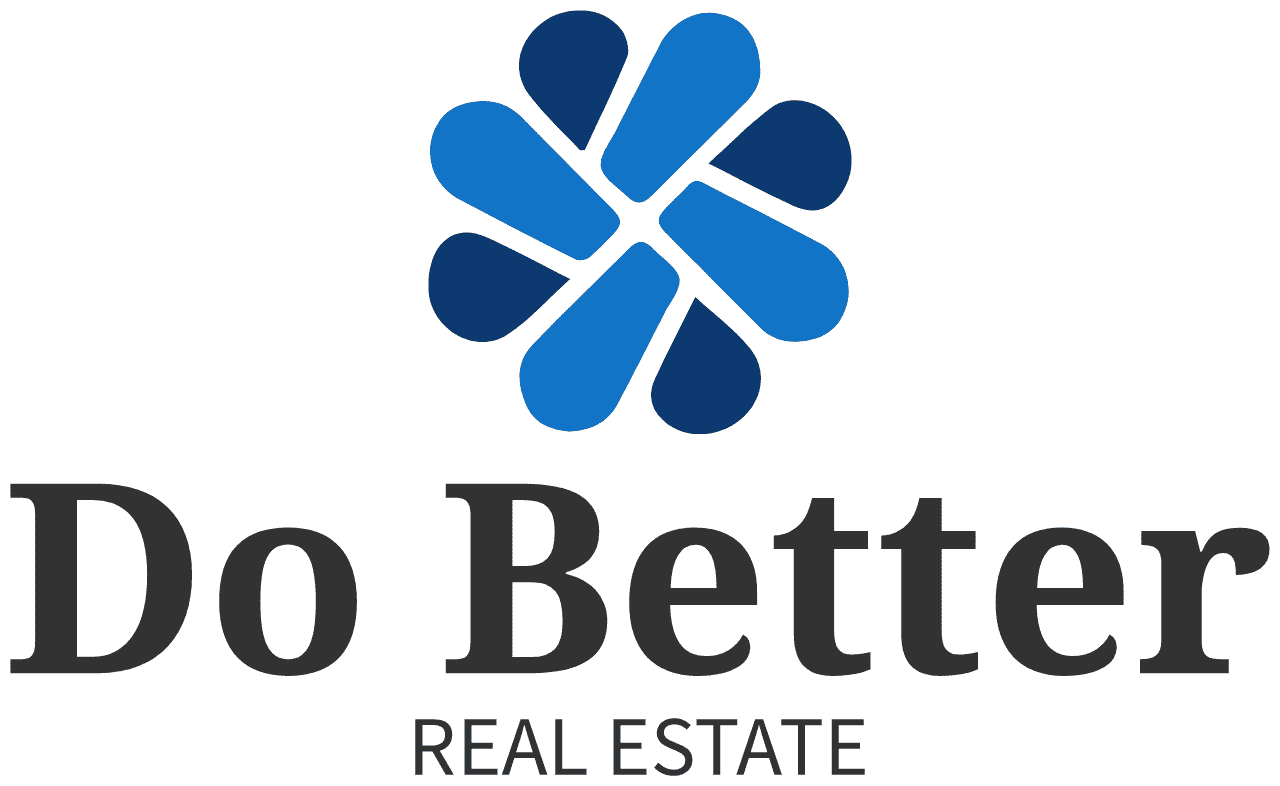- 🏡 Renting out a room can lead to significant savings and create a sense of community among homeowners.
- 📊 Younger generations, especially Millennials and Gen Z, are increasingly interested in “house hacking” to lower housing costs.
- 💡 Homeowners have successfully used renting additional space in various forms, from renting out detached garages to residing with roommates.
- 🏚️ Transforming unused property areas into rentable spaces can provide extra income and a financial cushion.
- 🧑🤝🧑 Shared living arrangements can offer emotional and social benefits, fostering a sense of connectedness.
- 👨🎓 Renting out space has helped homeowners, like Christine Knapp, manage finances better, turning mortgage payments more affordable.
- 🏘️ Living arrangements can be flexible and tailored, whether through formal leases or casual agreements based on trust.
- 💬 Open communication and setting clear boundaries are crucial in shared living situations to maintain harmony.
- 💸 Using rental income wisely can help build wealth and provide financial stability for the future.
- 🛠️ Homeowners should be mindful of tax implications, repairs, and maintenance costs associated with renting spaces.
- 🛡️ It’s beneficial to add rental coverage to homeowners’ insurance and track rental income for tax purposes.
- 🏘️ Different loan types have various rules about counting rental income to qualify for a mortgage; consult lenders for precise guidance.
In today’s dynamic housing market, many homeowners are exploring new ways to make their properties work for them. One increasingly popular strategy is renting out a room, a practice that promises both financial savings and community building. This long-form blog post delves into the key benefits, practical advice, and experiences shared by homeowners who have successfully navigated this path.
Financial Gain and Community Development
Renting out a room is not only about extra income; it’s about creating a warm, shared living environment that can lead to lifelong friendships.
Substantial Savings
- High Returns: Renting unused spaces such as detached garages or extra bedrooms can offset a significant portion of monthly mortgage payments. For example, Christine Knapp managed her finances better and made her mortgage payments more affordable by renting out a room.
- Financial Cushion: Extra income provides a financial buffer that can cushion against unexpected expenses or economic downturns.
Community Benefits
- Emotional and Social Well-being: Shared living arrangements can foster a sense of community and provide emotional support. Heng B. Henderson emphasizes the importance of creating a “sense of found family” with roommates, which has significantly enhanced mental well-being.
- Shared Responsibilities: Cohabitation can involve shared household chores and responsibilities, creating a more balanced and supportive living environment.
Younger Generations Leading the Charge
Rise of ‘House Hacking’
- Millennials and Gen Z: These generations are actively participating in “house hacking” to lower housing costs. Surveys indicate that 55% of Millennials and 51% of Gen Z homebuyers consider the ability to rent out part of their home for extra income very important.
- Financial Savviness: Younger homebuyers are increasingly savvy about leveraging their assets to build wealth, opting to rent spaces even in non-traditional setups like Kat Le’s “casita”.
Practical Considerations and Advice
Transformative Spaces
- Innovative Solutions: Transforming unused property areas, such as garages or basements, into rental spaces can boost income potential. For instance, Kat Le converted a detached garage into a “casita” to create a rentable living space.
Flexibility in Agreements
- Formal and Casual Leases: Leases can range from formal agreements to casual, trust-based arrangements. Kat Le’s experience showcases a successful informal agreement based on trust with her tenant.
- Clear Communication: Open and clear communication about shared spaces, financial responsibilities, and household chores is essential to maintaining harmony.
Financial Planning
- Renting Wisely: Using rental income sensibly can help homeowners build wealth and ensure financial stability. Chaz Daniels advocates for viewing homes as assets and generational wealth builders.
- Tax Implications: Tracking rental income and expenses can simplify tax preparations. Consulting a tax advisor is a prudent step.
Insurance and Maintenance
- Insurance Coverage: Adding rental coverage to homeowners’ insurance can protect against potential risks.
- Maintenance Costs: Be mindful of repairs and maintenance costs, which can add up quickly. Regularly setting aside funds for upkeep is recommended.
Navigating Loan Regulations
Understanding Mortgage Rules
- Loan Types and Rental Income: Different loans have varied rules about counting rental income for mortgage qualifications. Conventional loans, FHA loans, VA loans, and others have specific conditions that need to be met. Consulting with lenders can provide tailored advice.
- Future Planning: Informing your lender about plans to rent out space can help determine how much you can comfortably afford to borrow.
Conclusion
Renting out a room presents an exciting opportunity for homeowners to achieve financial stability and foster meaningful community ties. By understanding the benefits, planning wisely, and maintaining clear communication, homeowners can create harmonious and mutually beneficial living arrangements. Whether you are a new or seasoned homeowner, this practical approach can lead to substantial financial and social rewards.






